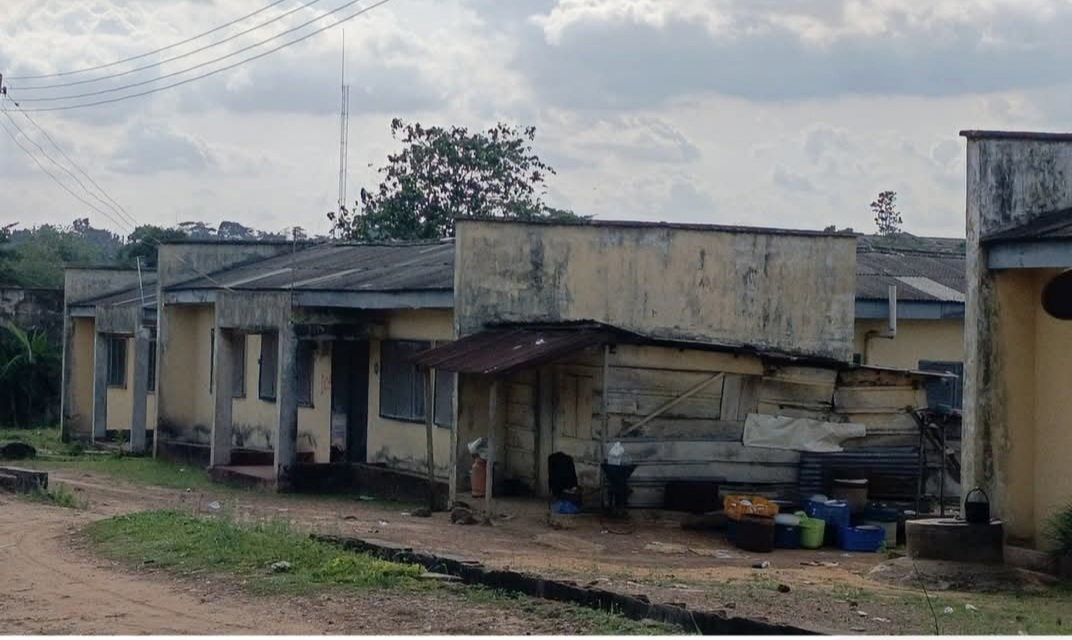
In Ondo State today, politics touches everything, and every issue is viewed through a political lens. Even those who should offer objective insights often fall into partisan or ethnic traps.
This piece aims to critically examine the current state of the Alagbaka Government Staff Quarters—constructed over 30 years ago during the tenure of the late sage, Chief Michael Adekunle Ajasin—and why its planned redevelopment is not only necessary but timely.
On April 11, 2025, I visited the site earmarked for demolition and regeneration. This initiative aligns with Governor Lucky Orimisan Aiyedatiwa’s broader urban renewal strategy, rooted in sustainable infrastructure development and global best practices.
Alagbaka—the administrative nerve center of Ondo State—houses the Governor’s Office, Government House, key ministries, banks, hotels, and corporate hubs. At its core sit 69 bungalows: 53 residential, 16 for office use, spread across 31.3 hectares.
Once suitable, these two- and three-bedroom flats with single toilets are now relics of a bygone era. As Nathaniel Hawthorne observed, “Time flies over us, but leaves its shadow behind.”
Today, these buildings are deteriorating: caving roofs, termite-infested rafters, and open soakaways that pose serious public health risks. What was once a symbol of prestige has turned into a patchwork of roofing materials and makeshift renovations—a chaotic and unsightly landscape in the heart of the capital.
Contrary to the alarmist claims by some political opportunists, the government’s plan is not a land grab. Rather, it is a deliberate move to replace obsolete structures with a modern housing estate that reflects 21st-century aspirations.
The administration deserves credit for choosing action over inertia—moving to rebuild before collapse or crisis forces its hand.
Tenancy concerns, though understandable, should not be exaggerated. Civil servants living there are rent-paying tenants whose interests are being considered. The government, in collaboration with labour unions, is ensuring fair treatment, including compensation and relocation support for affected residents.
Claims of land grabbing ignore the provisions of the Land Use Act, under which all land in a state is held in trust by the Governor. The state cannot grab what it lawfully owns.
Furthermore, the current occupants represent a fraction of the state’s workforce—and many units have been sublet at steep prices by individuals seeking personal gain.
Governor Aiyedatiwa’s administration is committed to inclusive development under the “Our Ease” agenda—prioritizing safety, sustainability, modern aesthetics, and long-term value.
While change often brings temporary discomfort, the long-term gains are substantial. As Jeremy Bentham wrote, the aim is “the greatest happiness for the greatest number.”
As I departed the quarters, the surrounding improvements—the landscaped Governor’s Office, the revamped CBN roundabout—offered a glimpse of the future: beautiful, efficient spaces that serve the people.
And I was reminded of the Yoruba proverb:
“Ilé ọba t’ó jó, ẹwà ló bù sí.”
“When the king’s palace burns down, it is rebuilt even more beautifully.”
This is not the end—it’s a bold new beginn




